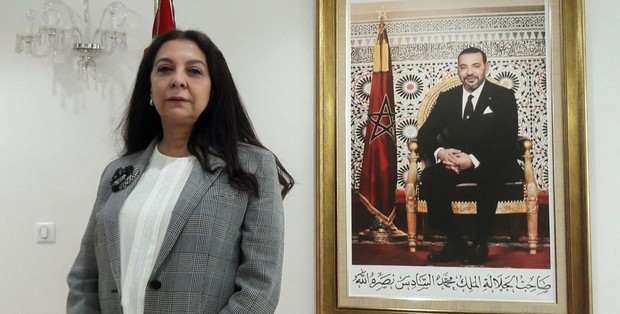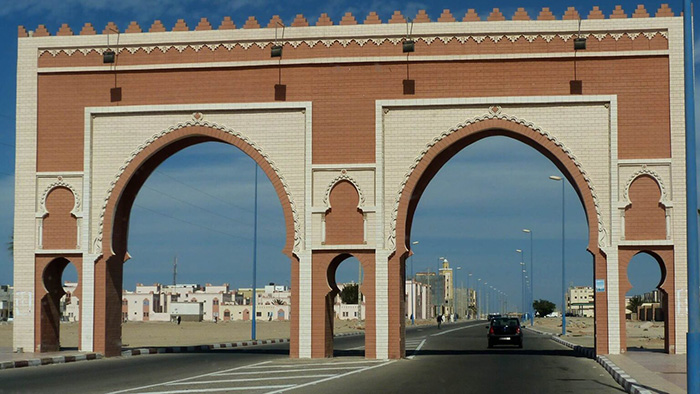The leader of the Movement for the Self-Determination of Kabylie (MAK), Ferhat Mehenni stated that the Algerian regime used a large number of "extras" during President Abdelmadjid Tebboune's visit to the Kabylie city of Tizi Ouzou to announce his candidacy for the upcoming presidential elections scheduled for September 7.
In an interview with Assaahifa Arabic Mehenni described Tebboune's visit as "humiliating" for the Algerian regime, as it resorted to bringing in people from other regions to give the impression that the visit was successful. He pointed out that a broad segment of the Kabylie population did not welcome Tebboune and that the Kabylie people largely avoided him.
Mehenni added that this situation forced the "Algerian colonial regime to rely on a few corrupt individuals to welcome him and to bring in crowds from other provinces who neither speak the Kabylie language nor belong to the region." He noted that several locals who had expressed their disapproval of the visit were arrested.
Media reports indicated that the Algerian regime is attempting to end the long-standing estrangement with the Kabylie region, especially after Ferhat Mehenni proclaimed the establishment of the Democratic Republic of Kabylie with its capital in Tizi Ouzou in front of the United Nations headquarters in the United States last April.
This proclamation led to increased security measures in the region, including military deployment and the arrest of all opposition voices, the banning of political activities, particularly those of regime opponents, and the suppression of protests in the city and throughout Kabylie in preparation for Tebboune's visit.
In this context, Mehenni said that Tebboune's visit to Tizi Ouzou was primarily an attempt to "challenge" the Kabylie people and their peaceful independence movement, MAK, following the declaration of the state last April.
The "President of Kabylie" believes that the Algerian regime's goal behind this "humiliating" visit was to polish its image before the world and to give the impression that the Kabylie region is an integral part of Algeria, which he asserts is not and never has been the case.






